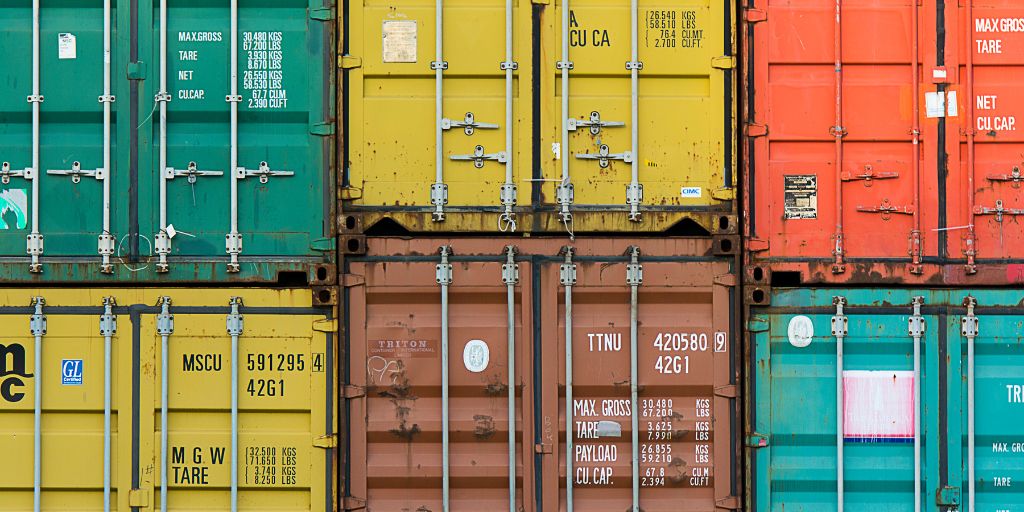Instead of supporting the export of Czech goods, the taxpayer’s money in the Czech Republic is being spent with lack of transparency, allowing support of the export of products of unclear origin as well as projects for which, despite the regulations, the environmental and social impact is not assessed.
Jana Pospíšilová Maussen, Dobroslava Sehnalová | 12 July 2024

The domestic market in the Czech Republic is small and the economy is dependent on exports. Czechia, like other countries, supports exports with taxpayers’ money, in accordance with the Export Strategy of the Czech Republic for 2023-2033, which is available on the website of the Czech Ministry of Industry and Trade. One of the instruments of export support are export agencies, such as the Export and Guarantee Insurance Company, a.s. (hereinafter EGAP) and the Czech Export Bank, a.s. (hereinafter CEB).
As we found out when looking closer on their functioning, these agencies often support projects with unclear impact on the environment, while also financing those subjects who do not export domestic products, which encourages rather pointless movement of goods around the globe.
Uncertainties around projects supported by EGAP
EGAP is subject to strict regulations in the area of state supervision and control, and projects are analysed in terms of environmental and social impact. However, there is a way for EGAP to implement projects that are not subject to state supervision and control, whose environmental and social impact is not assessed and also risk management and sustainability is not standard, see EGAP Annual Report 2023. These are, for example, projects that EGAP implements under the COVID Plus, EGAP Plus and Ukraine Fund programmes. Each of these programmes is regulated by its own government resolution.
All data in the annual reports are only aggregated, therefore we do not know the individual beneficiaries. When asked by the Centre for Transport and Energy how the three above-mentioned programmes are assessed in terms of the environmental and social impact of the projects and how risks are managed, EGAP refused to answer. An appeal has now been lodged.
At the same time, one of the conditions for state-supported insurance in EGAP are the Rules for the Origin of Goods, according to which in the case of business cases up to CZK 100 million (around EUR 4 million), the share of Czech goods is not monitored, and in cases reaching higher sums, an exception reducing the share of Czech goods to 20 per cent is always possible. This leaves lot of space for state support of the export of goods not produced in the Czech Republic.
How does the Czech Export Bank contribute to export promotion?
Based on the CEB’s Annual Report 2023, the CEB provided CZK 6.8 billion (around EUR 2.7 billion) in supported financing products, at a cost of CZK 306 million (EUR 12 million). This is a considerable amount, which, to give you an idea, corresponds to the amount of state subsidies for crop production in Czechia in 2023.
The Annual Report states that ‘beyond the reported volumes, the CEB also initiated/implemented the processing of 16 letters of credit in the total amount of CZK 5 262.59 million on the basis of requests from 10 Czech exporters and their foreign partners. ’. However, even in this case, it remains unclear what risks were assessed by the CEB for these transactions, how the environmental, social and ESG risk assessment of the projects was carried out, and whether these letters of credit are assessed using the same methodology as supported financing products. We have asked the CEB about this and have not received an answer, and an appeal is pending.
Conclusions
Transparency of the use of taxpayers’ money is one of the important factors of a democratic society. However, in the case of state support for exports in the Czech Republic, the rules do not always apply and in many cases are being bypassed without explanation.
The annual reports of the Czech Export Bank and the Export and Guarantee Insurance Company do not provide information on specific projects and their financing. This raises the question of whether and to what extent is the Czech state support for exports actually supporting the export of Czech products, and to what extent does the state rather use the taxpayers’ money to encourage the movement of goods from one country to another through the territory of the Czech Republic, which certainly does not help Czech producers and, moreover, further burdens the environment.
Never miss an update
We expose the risks of international public finance and bring critical updates from the ground – straight to your inbox.
Theme: Export Credit Agencies, Czech Republic
Location: Czech Republic
Project: Export Credit Agencies (ECAs)
Tags: Czech Republic | export credit agencies
